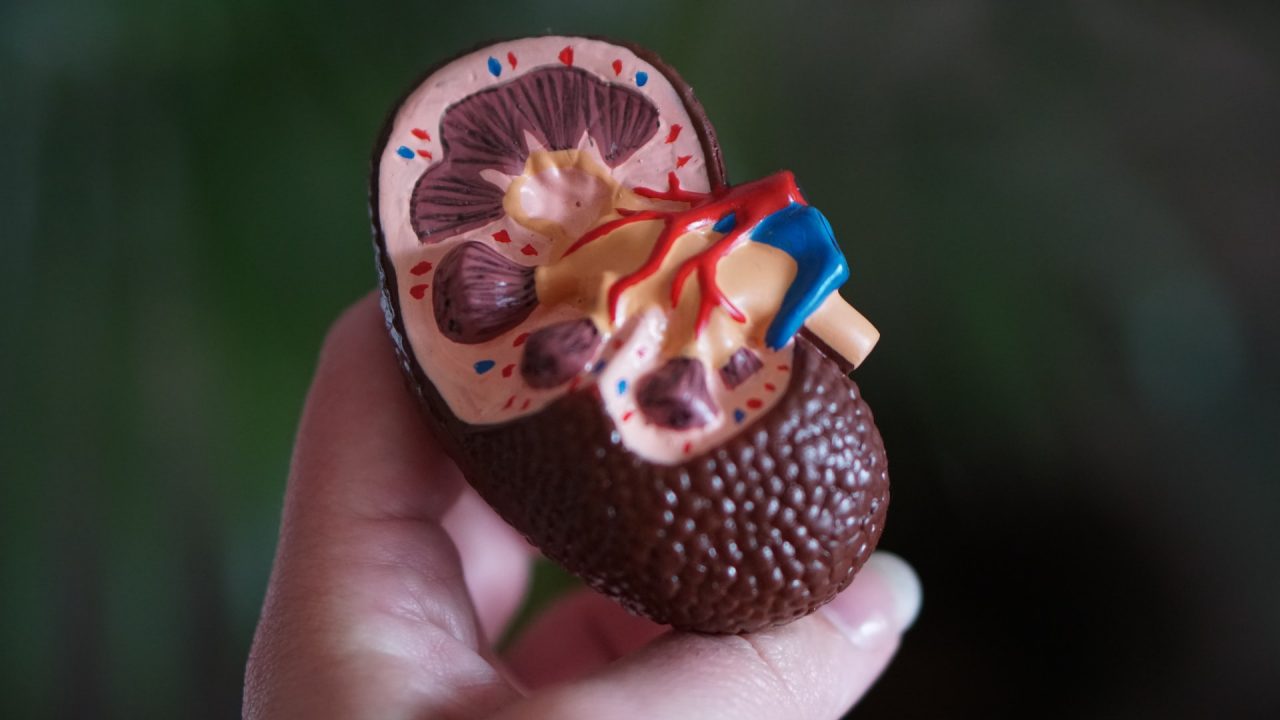In this article you will find out who should avoid taking Vitamin D3. Also known as cholecalciferol, Vitamin D3 is a type of vitamin D that is typically found in food and supplements. Vitamin D3 can also be made in the body when skin is exposed to sunlight. Vitamin D3 is important for many functions in the body, including bone health, immune function, and muscle function.
While vitamin D3 is generally safe for most people, there are some groups of people who should not take vitamin D3 supplements. These groups include:
- People with severe kidney disease: Vitamin D3 can build up in the body and cause high calcium levels if it is not properly removed by the kidneys. This can lead to serious health problems such as kidney stones or even kidney failure. If you have severe kidney disease, you should not take vitamin D3 supplements unless your doctor tells you to do so.
- People with certain medical conditions: People with conditions such as sarcoidosis or tuberculosis should not take vitamin D3 supplements because it can make their condition worse. If you have any questions about whether or not you should take vitamin D3 supplements, please speak to your doctor or another healthcare professional before starting any supplement regimen.
Sarcoidosis
There is no known cure for sarcoidosis, but it can usually be controlled with medication. In some cases, the disease may go into remission on its own. If sarcoidosis affects the lungs, it can cause shortness of breath, cough, and fatigue. It can also lead to lung scarring and even death. Treatment for lung involvement usually includes corticosteroids to reduce inflammation. If sarcoidosis affects other organs, such as the liver or kidneys, treatment will focus on relieving symptoms and preventing further damage to those organs.
Vitamin D3 should not be taken by people with sarcoidosis because it can interfere with treatment and may make the condition worse.
High amount of phosphate in the blood
A high level of phosphate in the blood can be dangerous and should be monitored by a healthcare professional. People with kidney disease, heart failure, or other chronic illnesses are at risk for developing a high phosphate level. Treatment typically involves taking phosphates binders and avoiding foods that are high in phosphorus.
High amount of calcium in the blood
Vitamin D3 is a fat-soluble vitamin that is essential for many bodily functions, including calcium absorption and bone health. However, too much vitamin D3 can lead to high levels of calcium in the blood, which can be dangerous. Symptoms of high calcium levels include weakness, fatigue, nausea, and confusion. If left untreated, high calcium levels can lead to kidney stones, heart problems, and even death. Therefore it is important to speak with a healthcare provider before taking any supplements containing vitamin D3, especially if you are at risk for or have a history of kidney problems.
Excessive amount of vitamin D in the body
Too much vitamin D can be a bad thing.
Excessive amounts of vitamin D in the body can lead to a condition called hyper vitamin osis D. This occurs when there is an abnormally high level of vitamin D in the blood. Symptoms of hyper vitamin osis D include nausea, vomiting, poor appetite, constipation, weakness, and weight loss. In severe cases, it can lead to kidney stones and even death.
While it is rare to get too much vitamin D from sunlight or food sources, it is possible to get too much from supplements. This is why it’s important to talk with your doctor before taking any supplements containing vitamin D.
Kidney stones

Vitamin D3 is a nutrient that is essential for human health. It can be found in food and supplements, and the body produces it when skin is exposed to sunlight. Vitamin D3 helps the body absorb calcium, which is necessary for strong bones and teeth. It also plays a role in immune function, cell growth, and reduces inflammation.
Kidney stones are a common problem that can occur when there is too much calcium in the urine. When this happens, the calcium forms crystals that can clump together to form stones. Kidney stones can cause pain and blockage of the urinary tract. If left untreated, they can lead to kidney damage or failure.
Vitamin D3 supplements can raise the level of calcium in the blood and increase the risk of developing kidney stones. If you have had kidney stones in the past or are at risk for developing them, you should avoid taking vitamin D3 supplements or get your vitamin D3 from food sources instead of supplements.
Decreased kidney function
Kidneys play an important role in the body’s regulation of calcium metabolism and they help to excrete excess vitamin D from the body. Therefore, people with decreased kidney function may not be able to process and eliminate vitamin D effectively, leading to a build-up of the nutrient in their bodies. This can lead to serious health problems such as hypercalcemia (high blood calcium levels) and soft tissue calcification (the deposition of calcium in tissues other than bone). If you have decreased kidney function, it is important to talk to your doctor before taking any vitamin D3 supplements.
